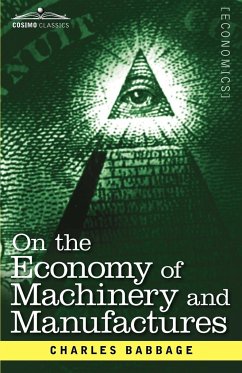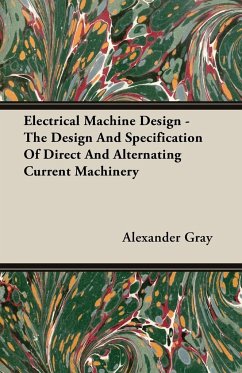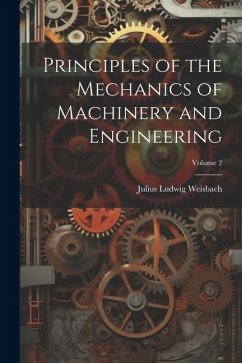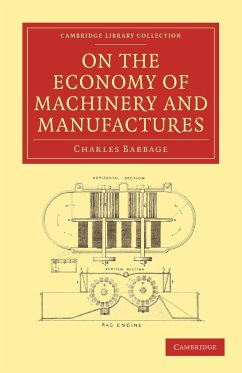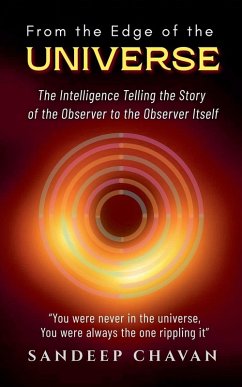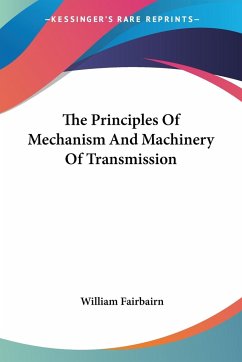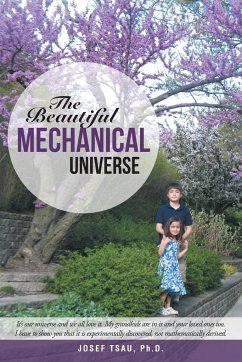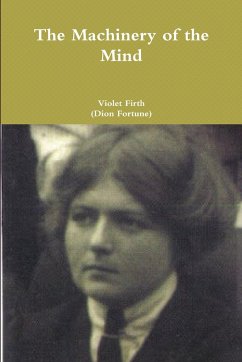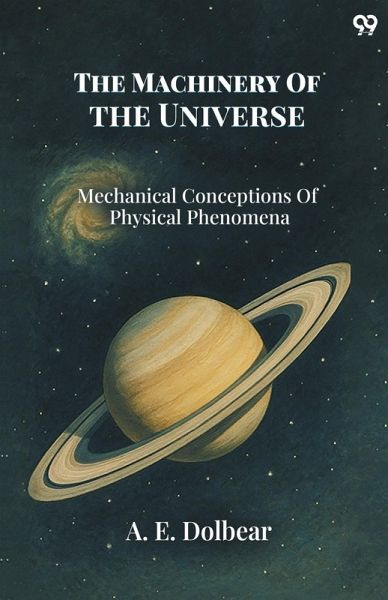
The Machinery Of The Universe Mechanical Conceptions Of Physical Phenomena
Versandkostenfrei!
Versandfertig in 1-2 Wochen
11,99 €
inkl. MwSt.

PAYBACK Punkte
6 °P sammeln!
The machinery of the universe: Mechanical conceptions of physical phenomena explores the principles of physics and astronomy, focusing on mechanical explanations of physical phenomena, particularly the transformation of energy and the role of matter and the ether. The work aims to clarify complex scientific concepts while rejecting outdated metaphysical interpretations, advocating for a mechanical understanding of the universe. The opening section contrasts ancient and modern ideas, illustrating the evolution of thought about forces, energy, and matter. Historical figures like Newton are refer...
The machinery of the universe: Mechanical conceptions of physical phenomena explores the principles of physics and astronomy, focusing on mechanical explanations of physical phenomena, particularly the transformation of energy and the role of matter and the ether. The work aims to clarify complex scientific concepts while rejecting outdated metaphysical interpretations, advocating for a mechanical understanding of the universe. The opening section contrasts ancient and modern ideas, illustrating the evolution of thought about forces, energy, and matter. Historical figures like Newton are referenced to highlight past contributions and misconceptions regarding concepts such as 'imponderables.' The work stresses the need for a more precise mechanical interpretation of energy transformation, suggesting that all physical phenomena can be understood through the concepts of motion and energy interaction. This perspective challenges metaphysical explanations and sets the stage for a systematic examination of the relationships between matter and ether. The subsequent chapters continue to build on this foundation, analyzing the mechanical nature of the universe and proposing a clearer understanding of the underlying forces and energy dynamics that govern the cosmos.




